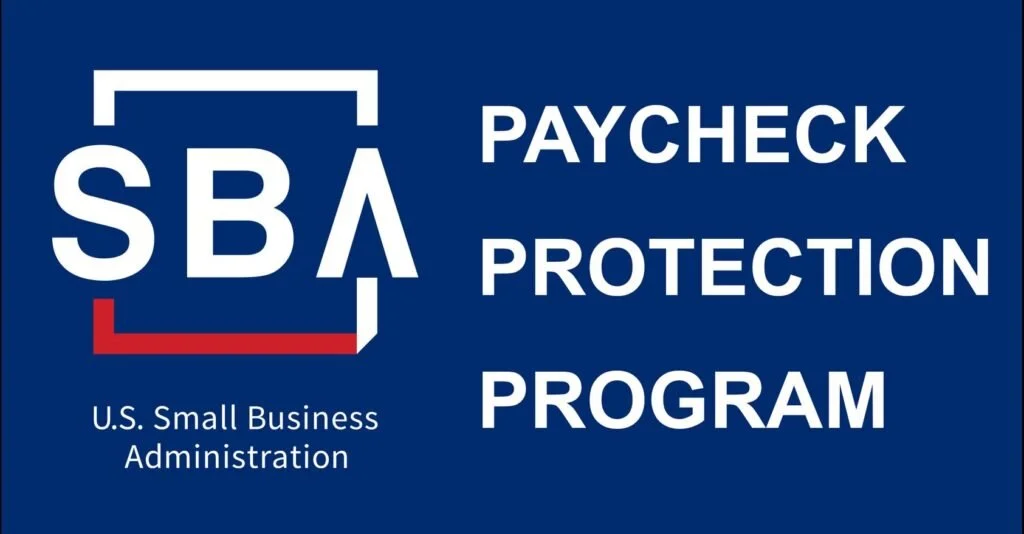5 Reasons You Need a CPA For Your Startup
How can CPAs help startups? We know that CPAs are more expensive than accountants, but what exactly can a CPA can do that an accountant can’t?
First things first, what is a CPA?
A Certified Public Accountant (CPA) is someone who acts as a consultant on many issues, including taxes and accounting. CPAs are trusted financial advisors who help individuals and businesses plan and reach their financial goals.
What do you need a CPA to help you with?
1. Pick a Business Entity
You want to consult with a CPA on the type of business entity you should use — C corporation, S corporation, LLC, sole proprietorship or partnership. The right entity for you depends on your long-term goals and the way you run your business. Do you plan to own the business or raise funds to grow? How many business partners do you have? Are you operating in different states? After considering all these points and more, your CPA can help you determine how to structure your business.
2. Set Up Your Accounting System
A CPA can also help you with setting up your accounting system. Are you using QuickBooks Online, Xero, or another software? Your CPA can help you pick the right software for your business and map out the accounting process from invoicing, billing, collection, bookkeeping, and financial reporting to recommended apps to use to streamline your financial data from all the platforms.
3. Figure Out Your Tax Responsibilities
Business owners often don’t realize the tax obligations they missed until they receive a letter from the government with interest and penalty. A CPA can help you navigate through all the tax obligations and deadlines, so you don’t have to worry about it. A CPA knows the right way to fill out information so you don’t overpay or underpay any taxes.
4. Plan Your Deductions
You don’t want to wait until the last minute to do your deductions. The right CPA prepares you for the right deductions for your startup. What's tax-deductible? Any expenses such as phone, office supplies, advertising and accounting fees. Are you using part of your home as your office? Your CPA can help you get deductions that might not seem that straightforward to qualify for.
5. Make Business Decisions Based on Financial Data
Besides your business intelligence and gut instincts, you also need to understand your startup’s financial data to make better business decisions. Your CPA can help you analyze your business and find the right financial information to help you make more accurate business decisions.
Now you know what a CPA can do for your startup! Although experienced CPAs come with costs, they can save you time, money, and help you navigate through business challenges!




